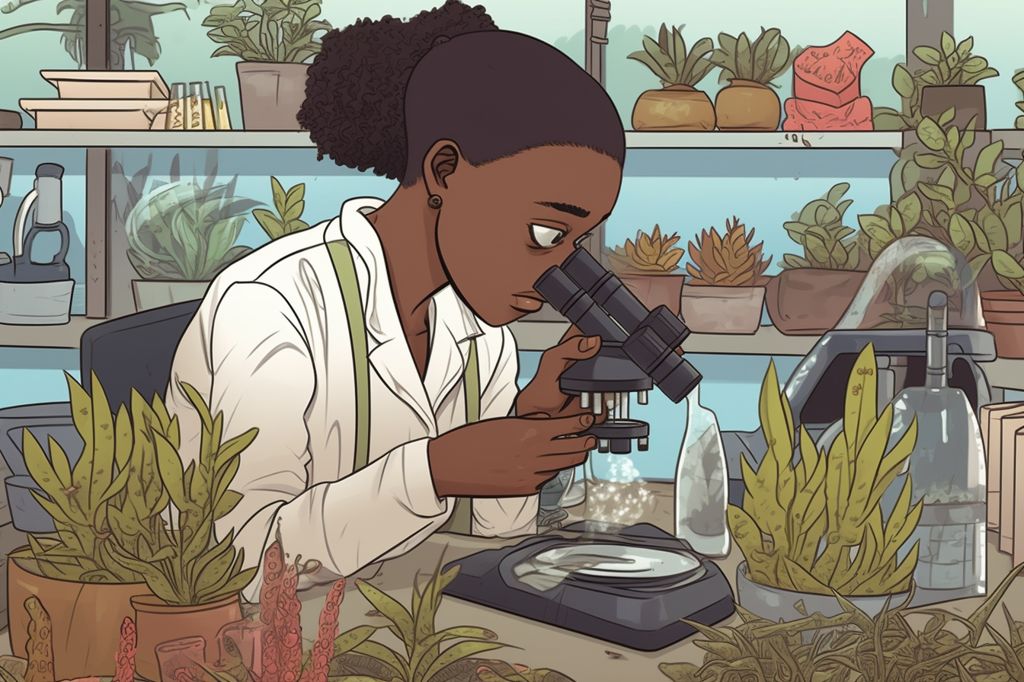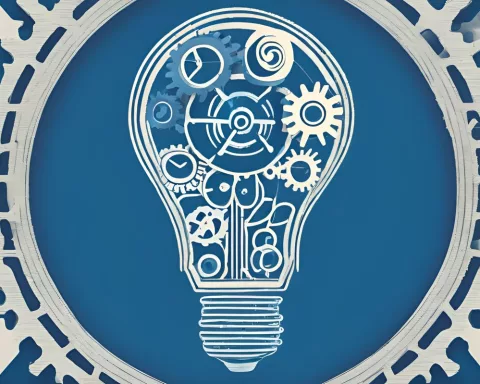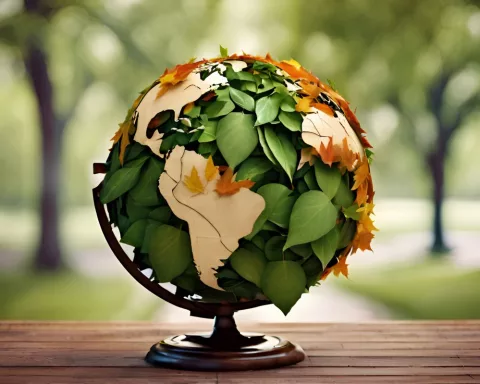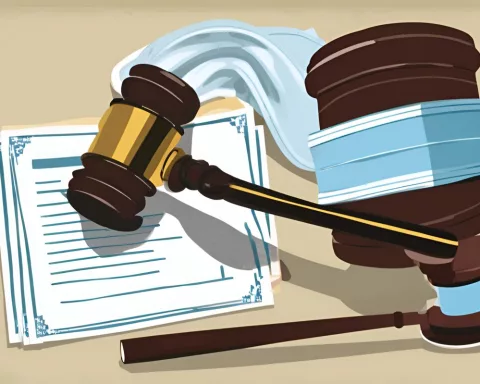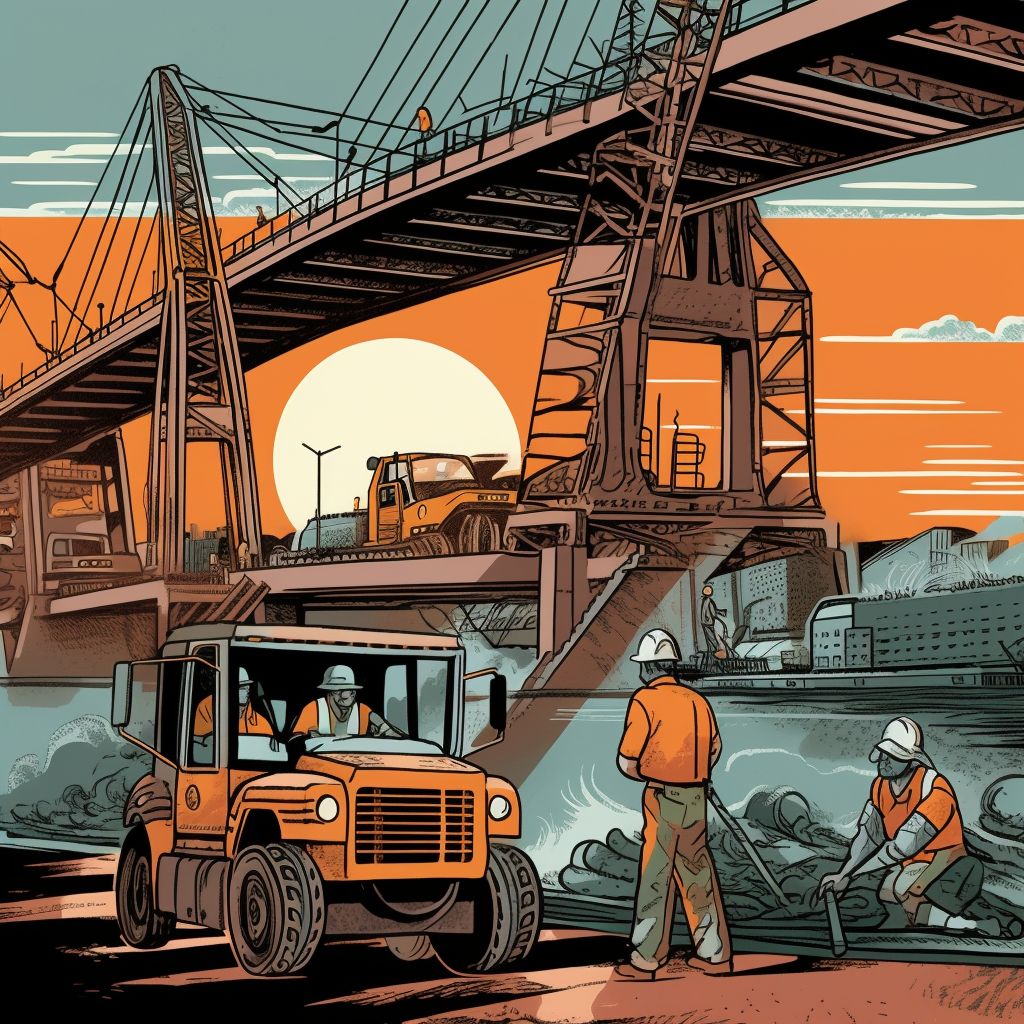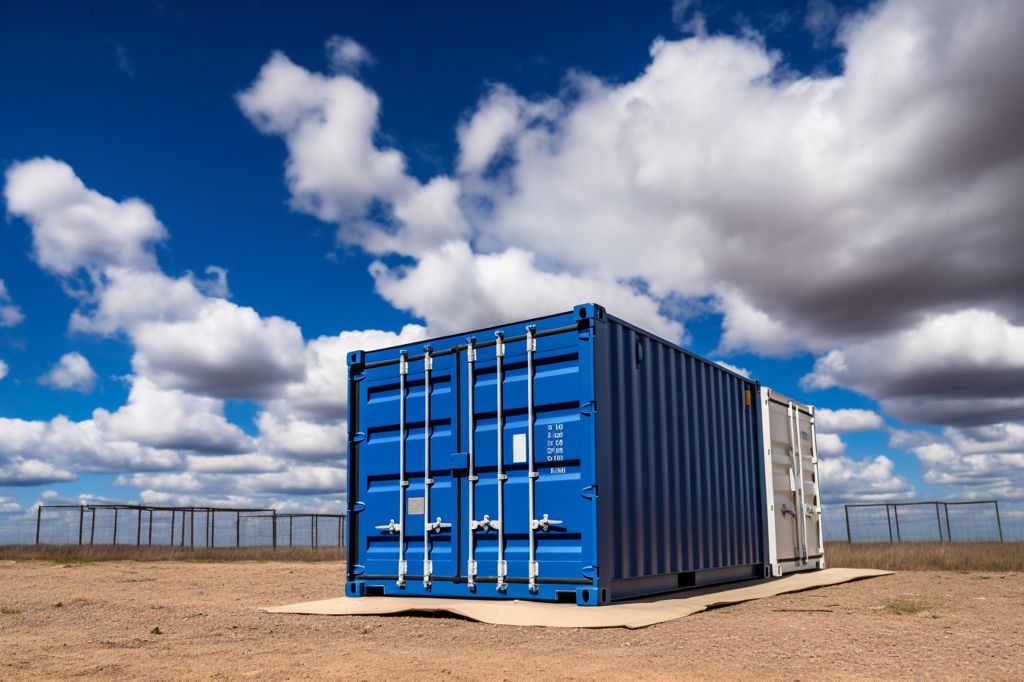South Africa’s Minister of Higher Education, Science, and Innovation, Dr. Blade Nzimande, recognizes the essential role of science, technology, and innovation (STI) in addressing the country’s most pressing issues. The STI Presidential Plenary Forum, established by the Minister, seeks to unite multiple sectors in implementing a science for social justice agenda.
Investing in Research and Development for Climate Change Resilience
In partnership with several programs, the Department of Science and Innovation has made significant strides in bringing technology, innovation, and skills development to South Africa. The Department invests heavily in research and development to develop resilient and adaptive capacity in key sectors affected by climate change. Risk and Vulnerability Science Centres (RVSCs) enable rural-based universities to engage in global change research and identify local environmental risks and vulnerabilities.
Innovations in COVID-19 Response and Recovery
The Technology Innovation Agency led an initiative to develop COVID-19 diagnostic tools, resulting in two locally produced tests receiving approval from the South African Health Products Regulatory Authority. The Department has also provided support for flood recovery efforts through its entities and international partnerships, using satellite imagery and expert assistance from organizations such as the South African National Space Agency (SANSA) and the Council for Scientific and Industrial Research (CSIR).
Empowering the Youth: Grassroots Innovation and Education Programs
The Grassroots Innovation Programme (GIP) and the Living Labs located within community learning centers aim to support young innovators, particularly women, in enhancing their skills and creations. These initiatives focus on fostering technology enterprises and commercializing prototypes. The Education and Innovation Precinct in Pietermaritzburg, a pilot project that combines educational delivery and relevant STI initiatives in a local space, demonstrates the Department’s commitment to empowering South Africa’s youth.
Nurturing a New Generation of Scientists, Engineers, and Innovators
Through these endeavors, South Africa’s STI sector is growing and playing a critical role in improving the lives of its people, particularly the youth. By nurturing a new generation of scientists, engineers, and innovators, the country is well on its way to solving its most pressing development challenges and creating a brighter future for all.

